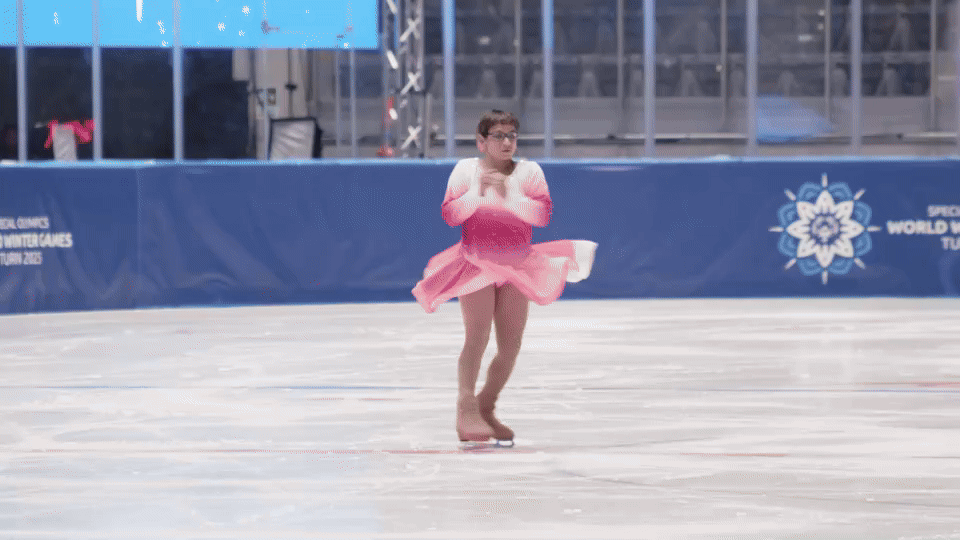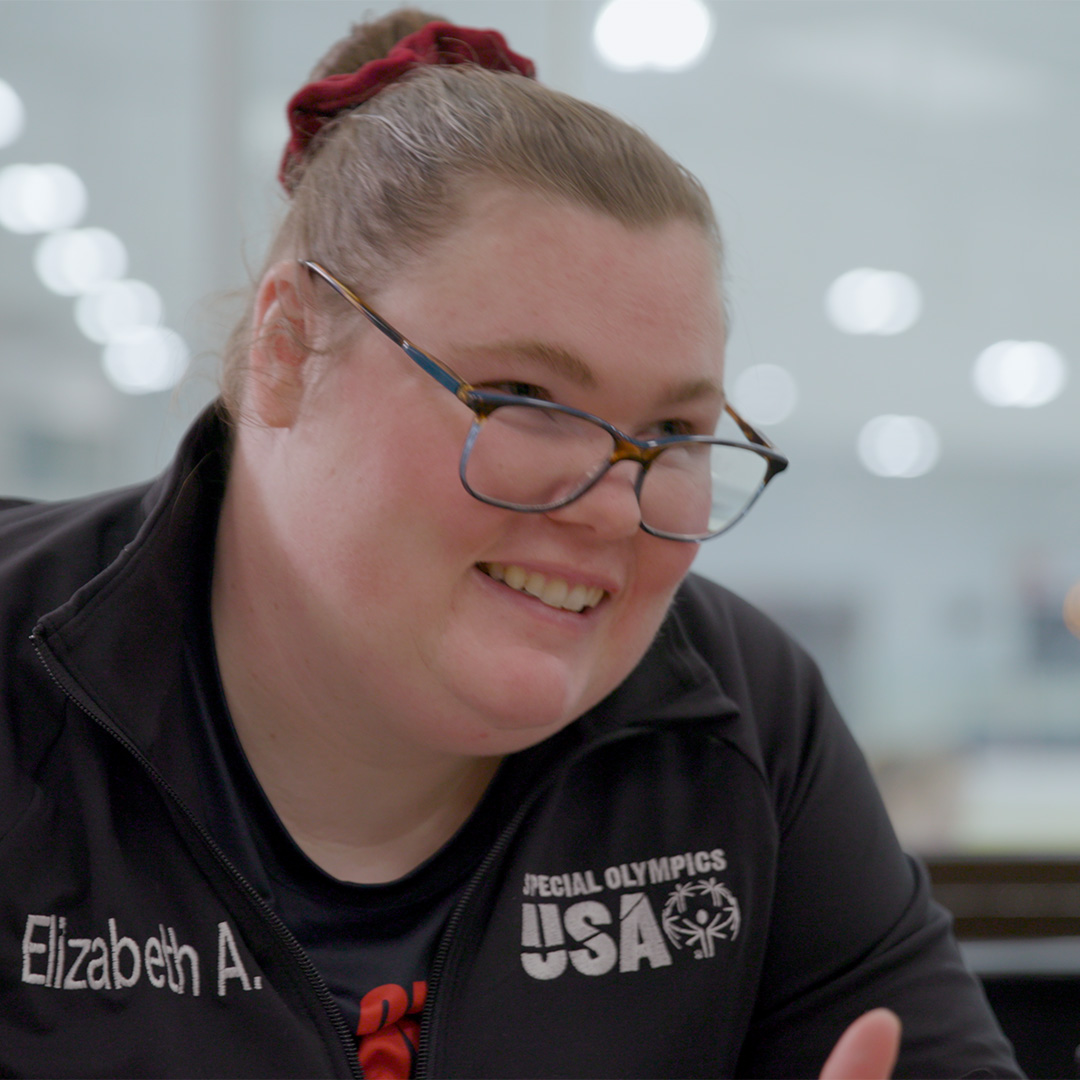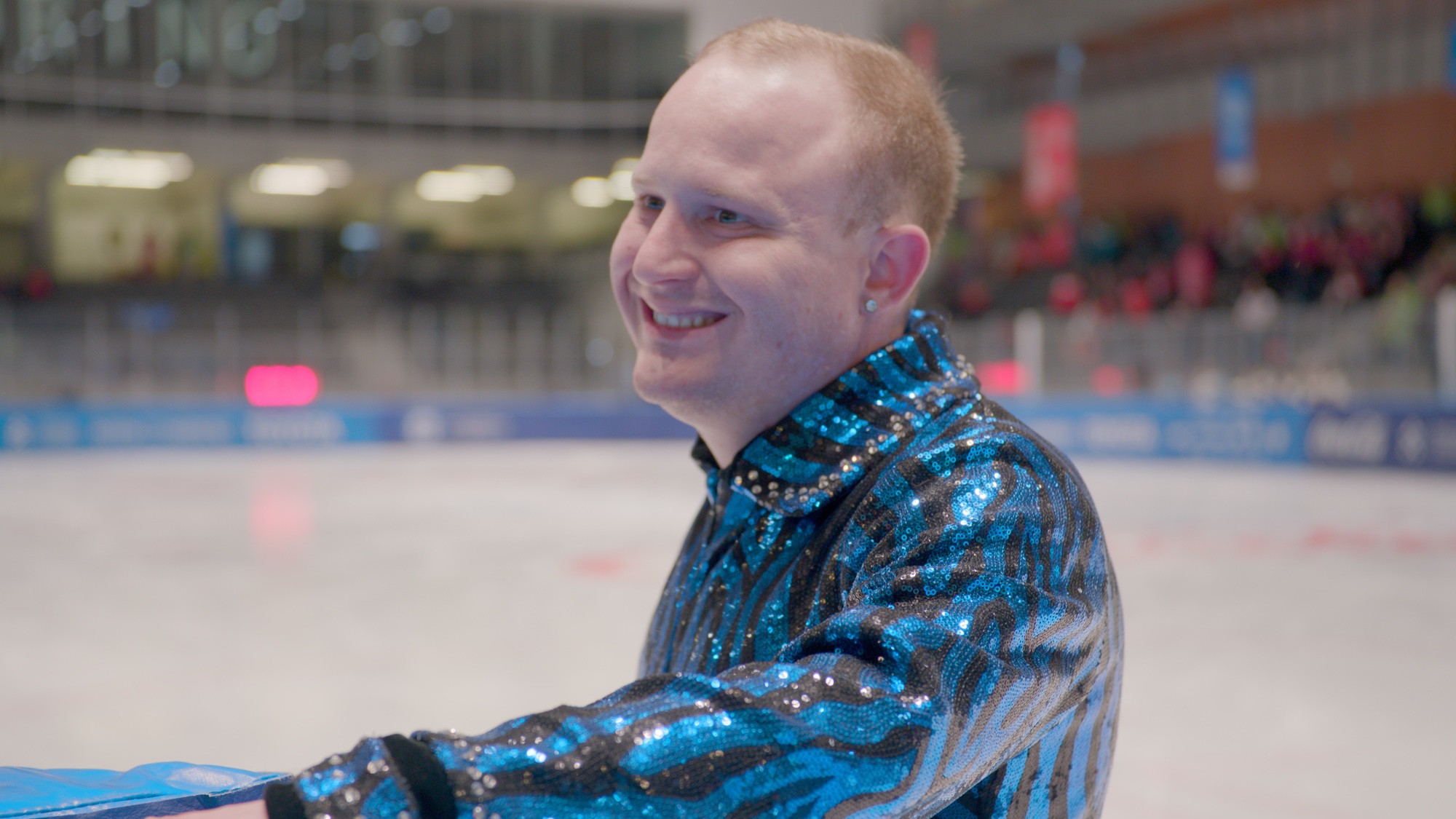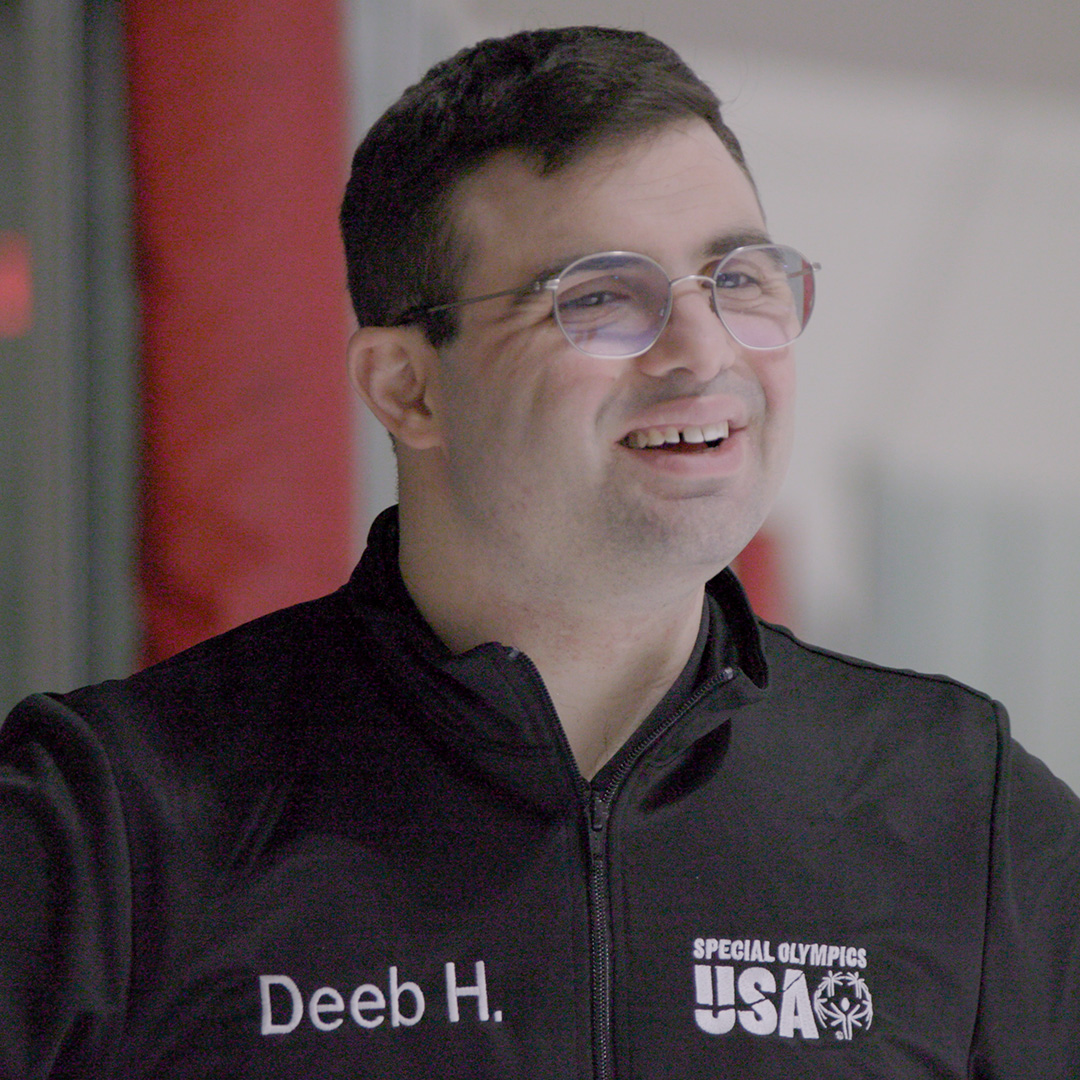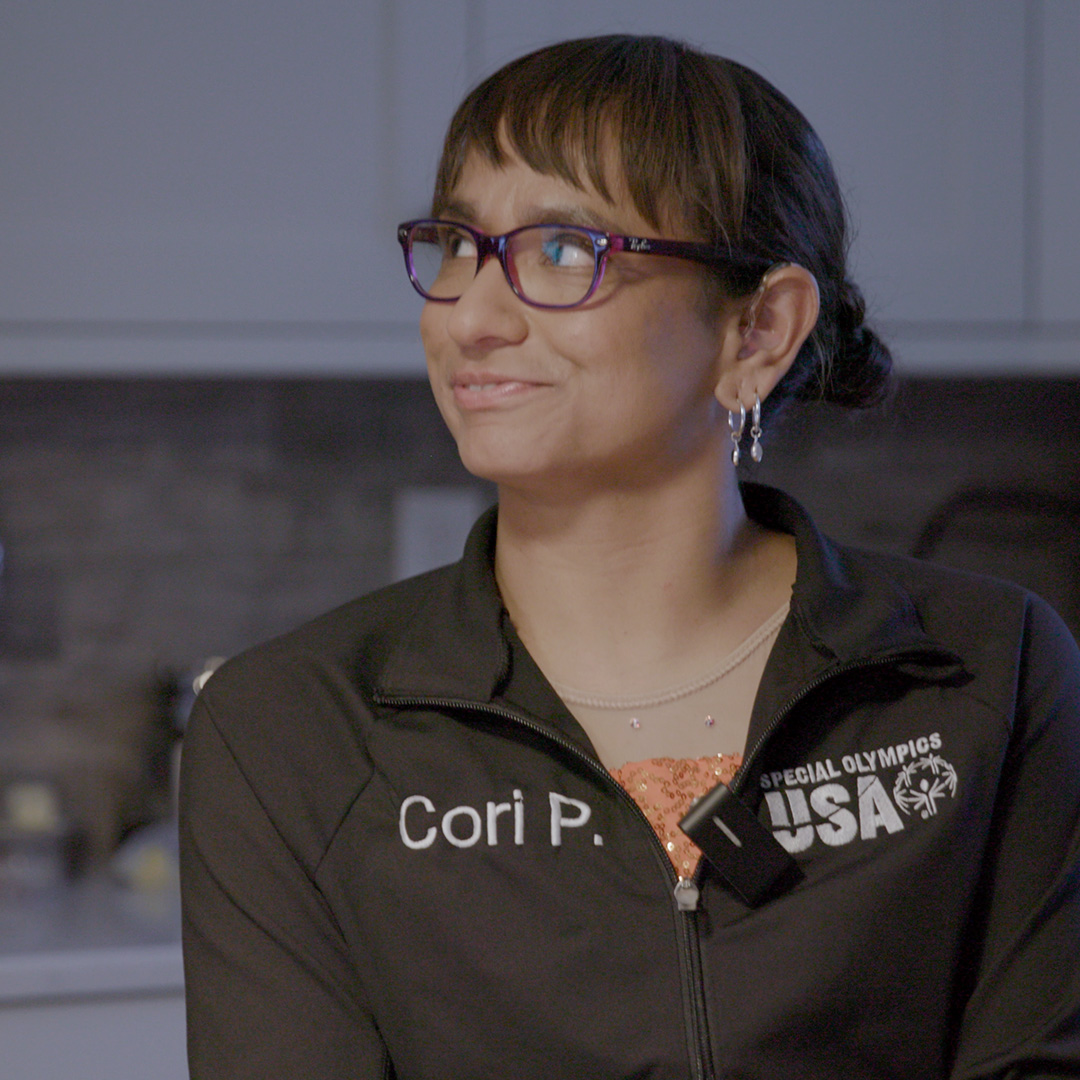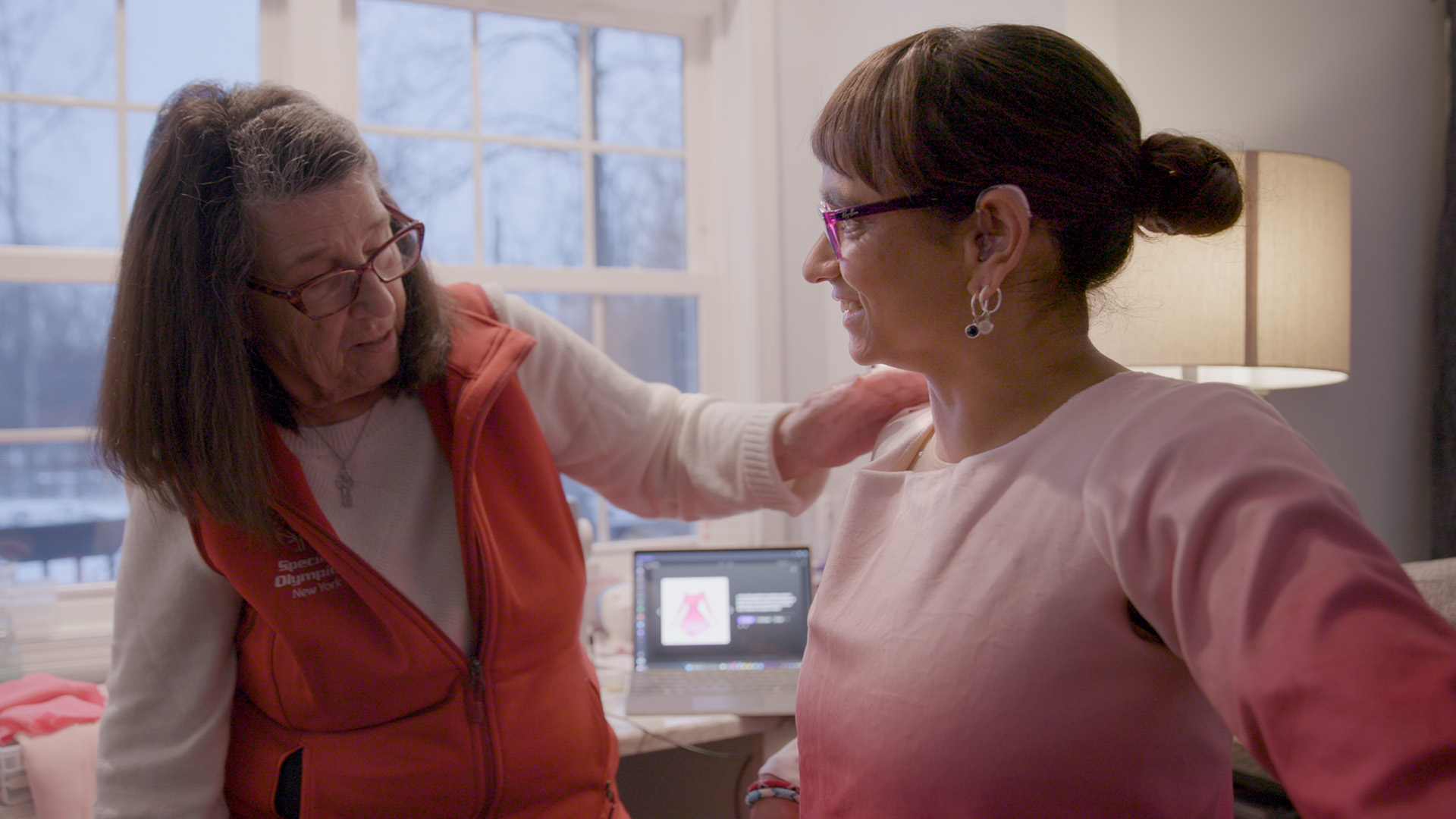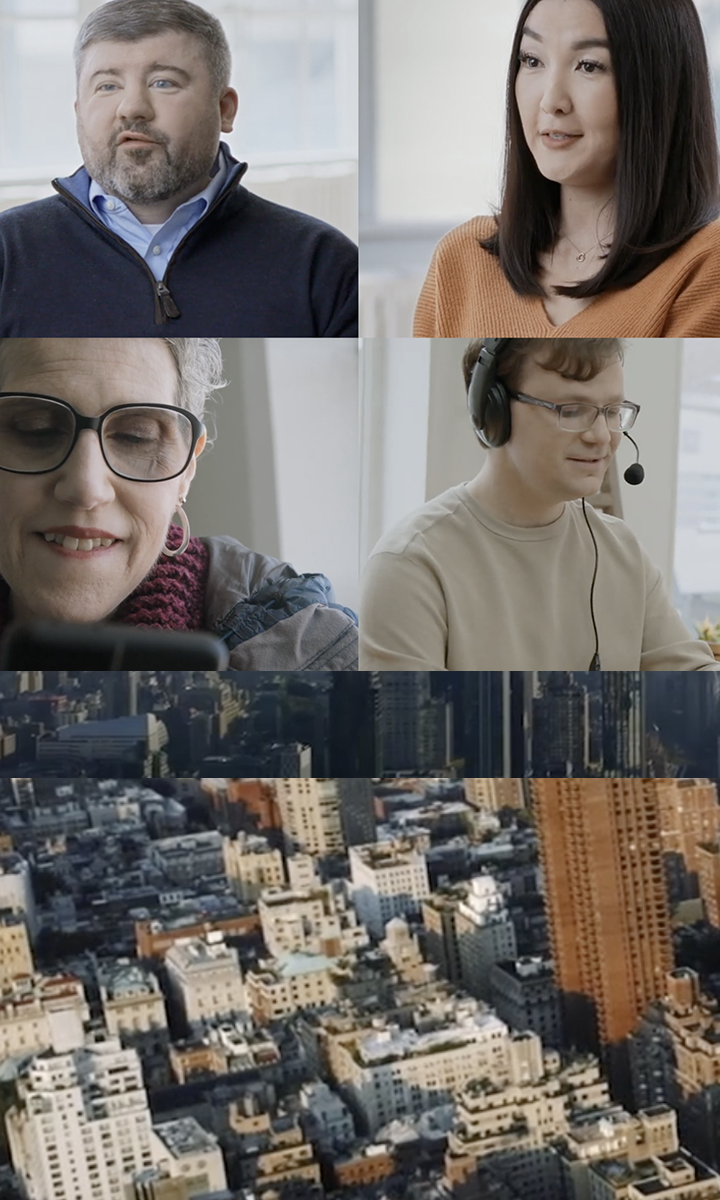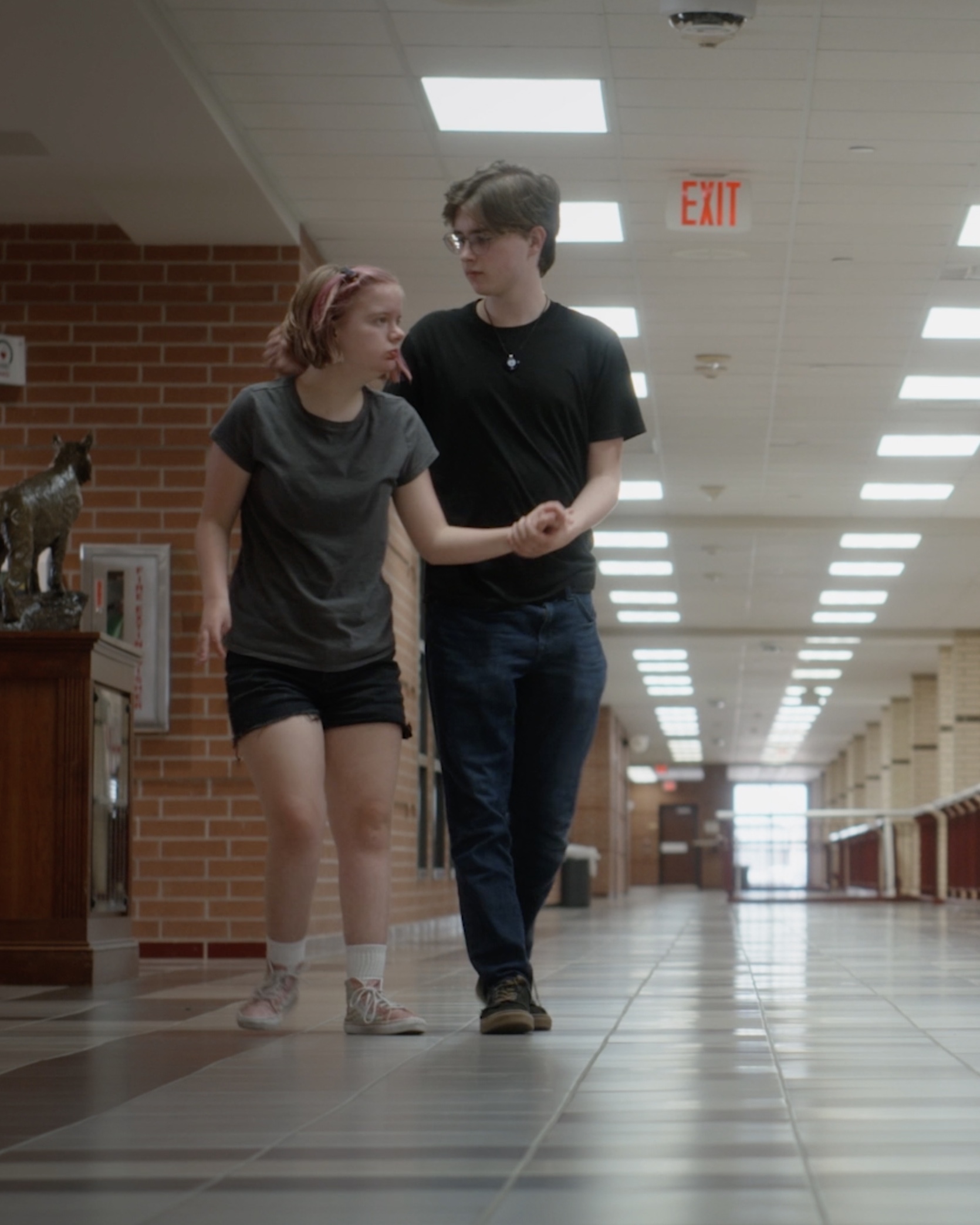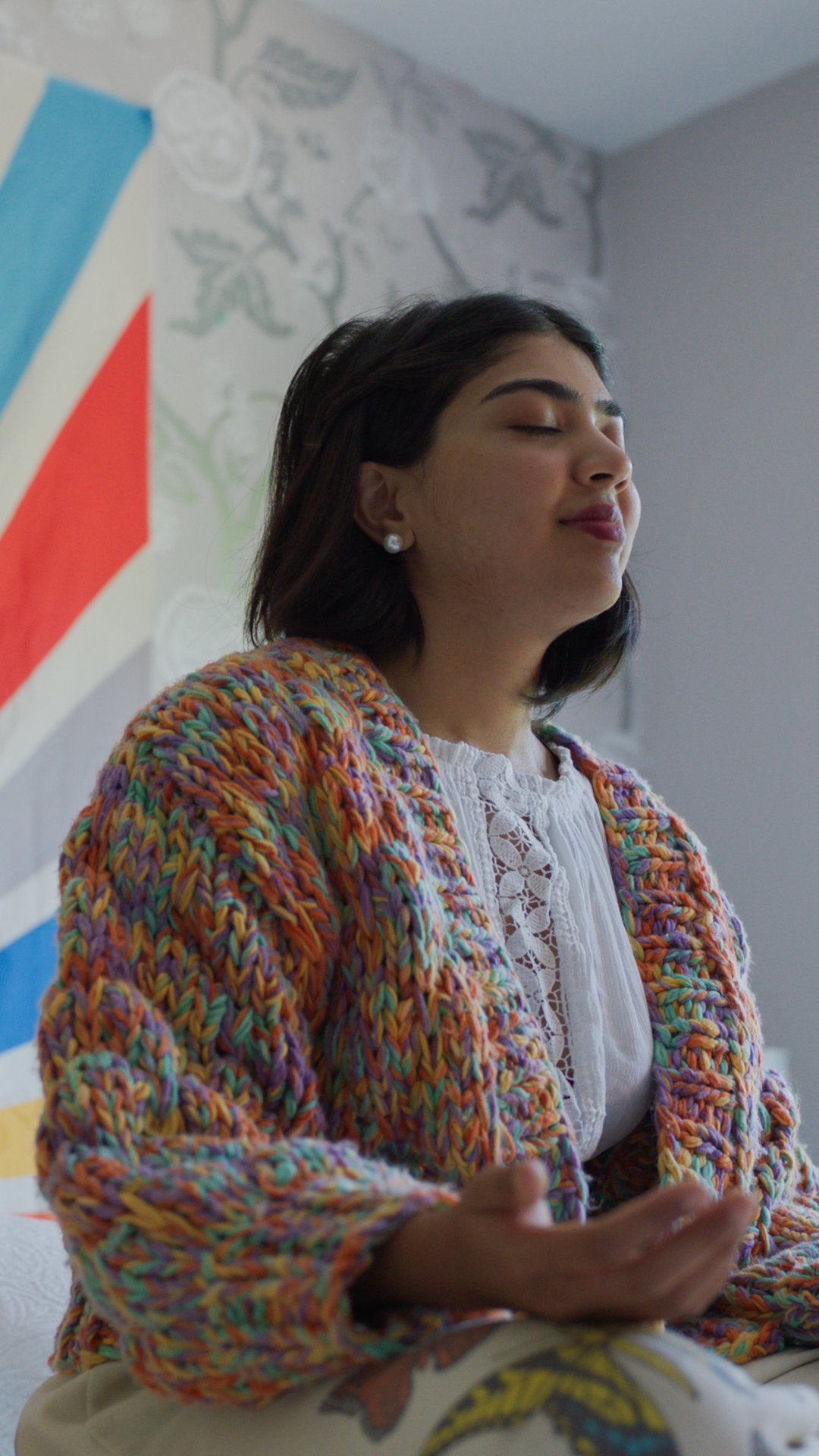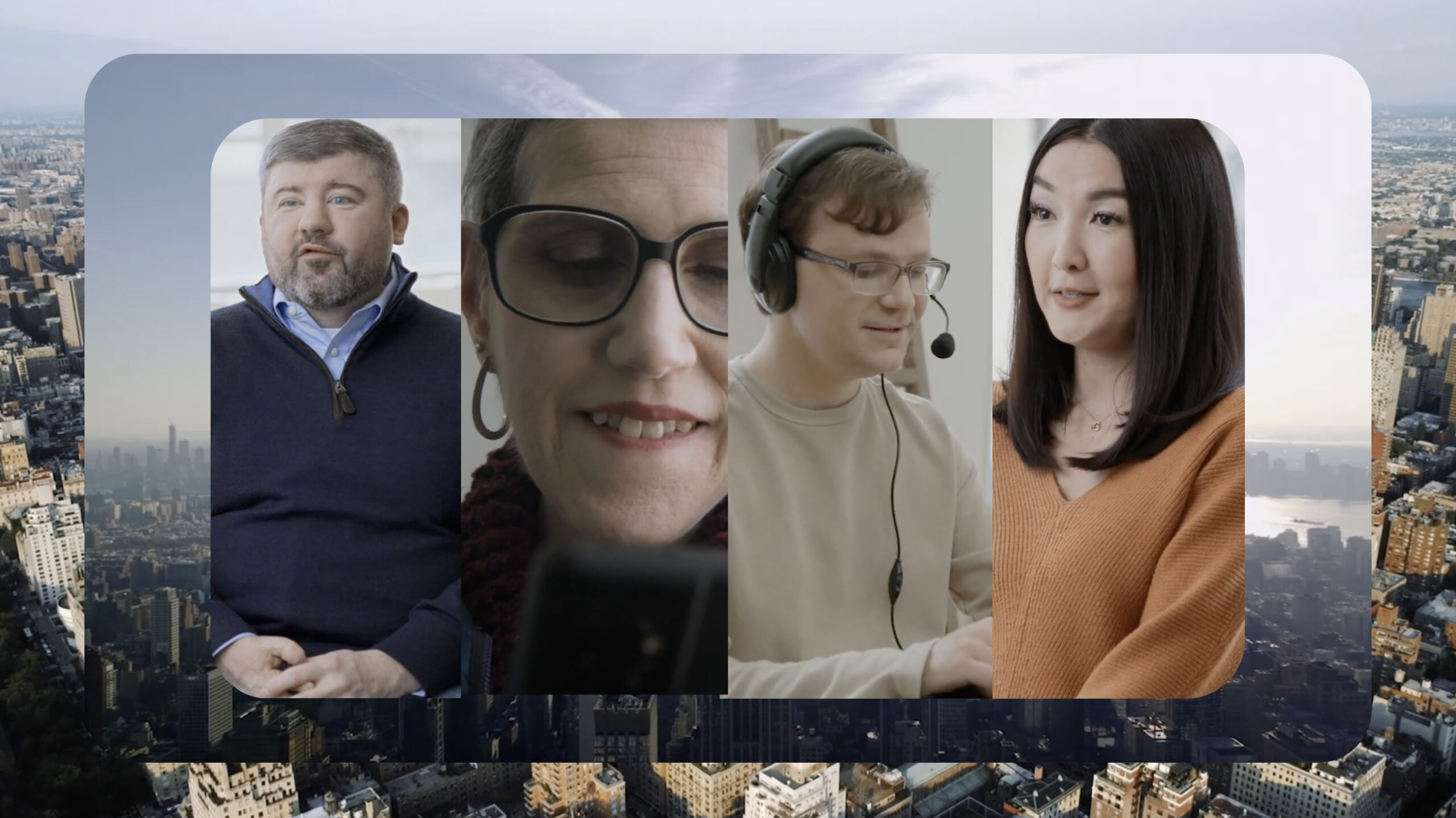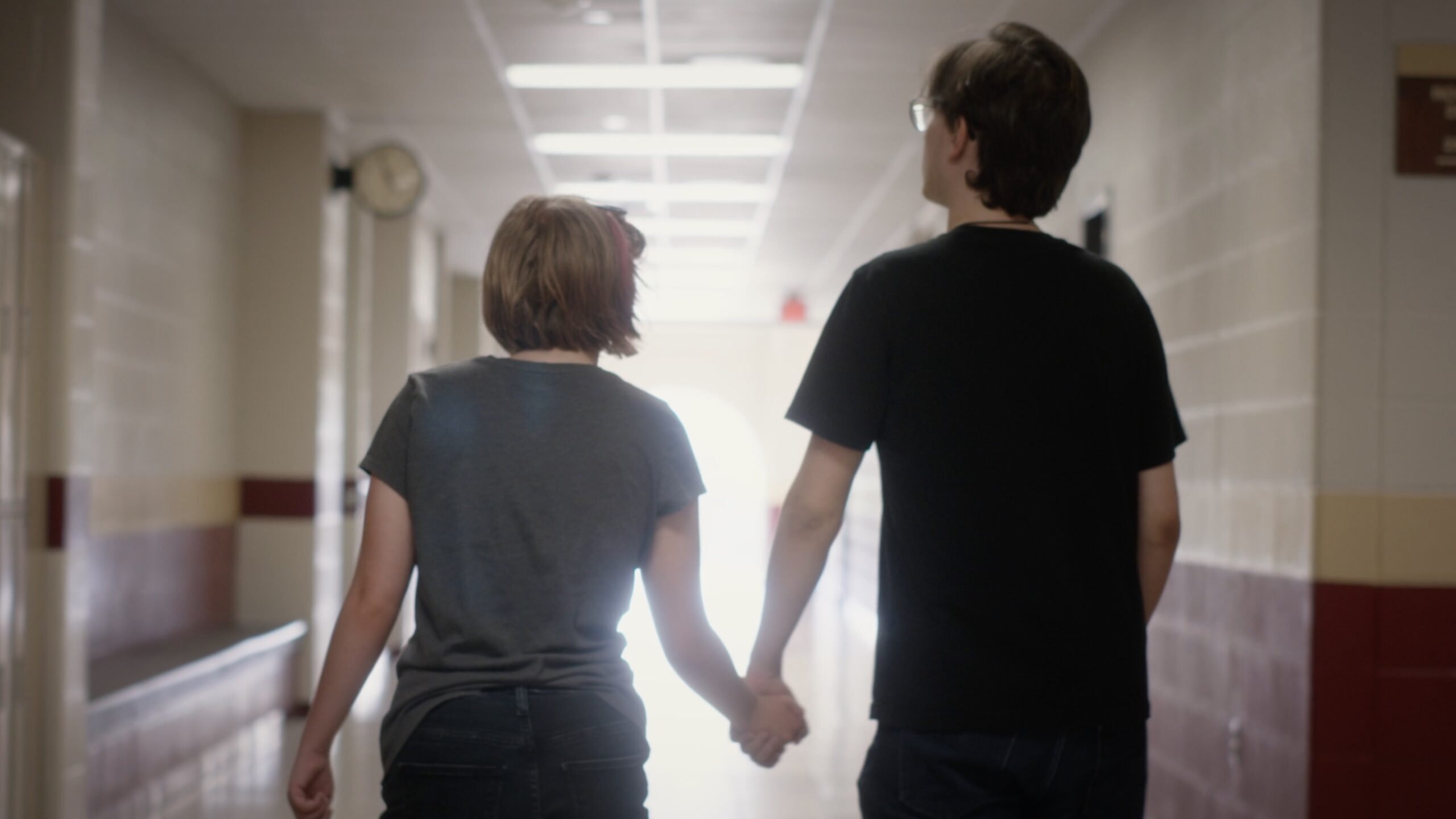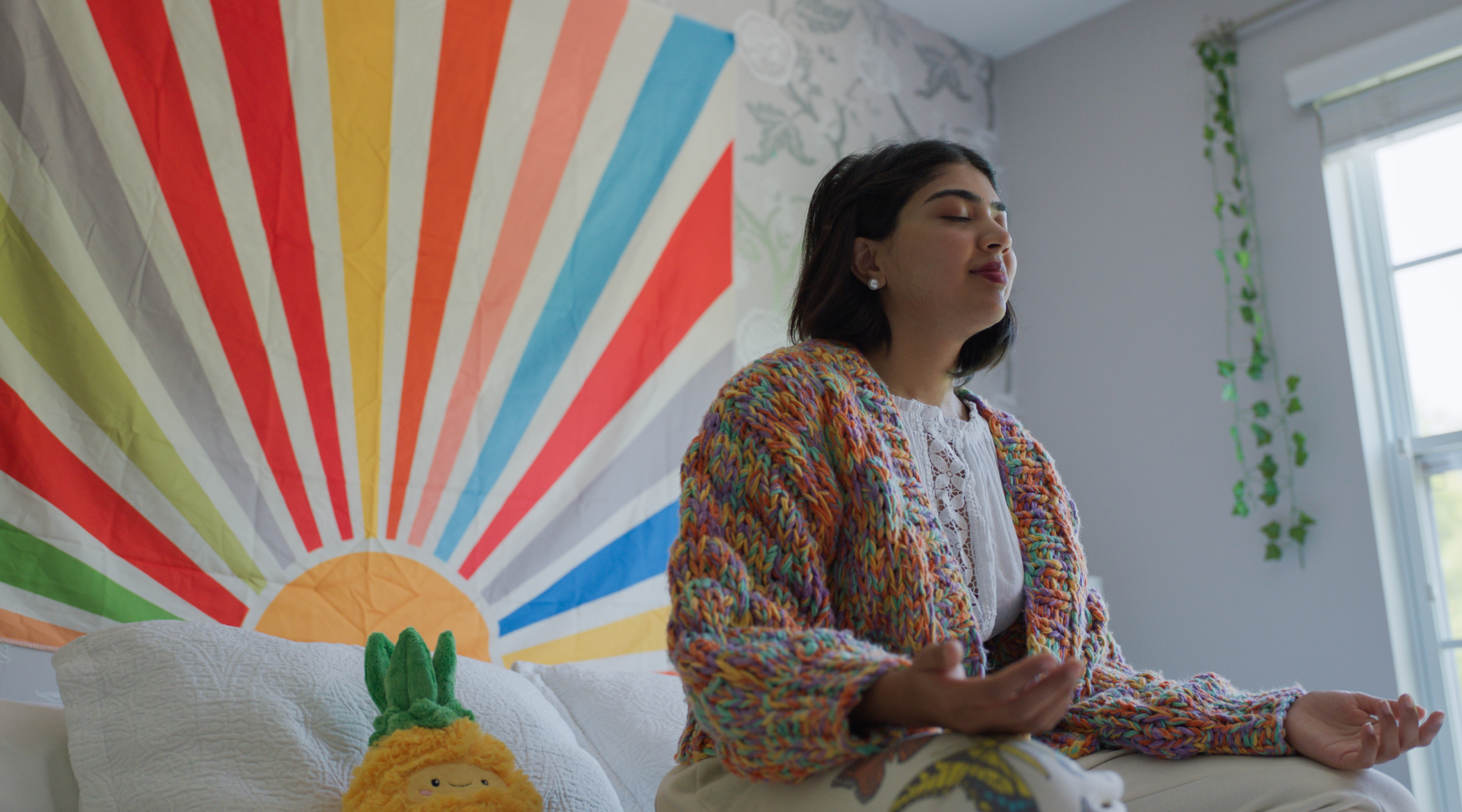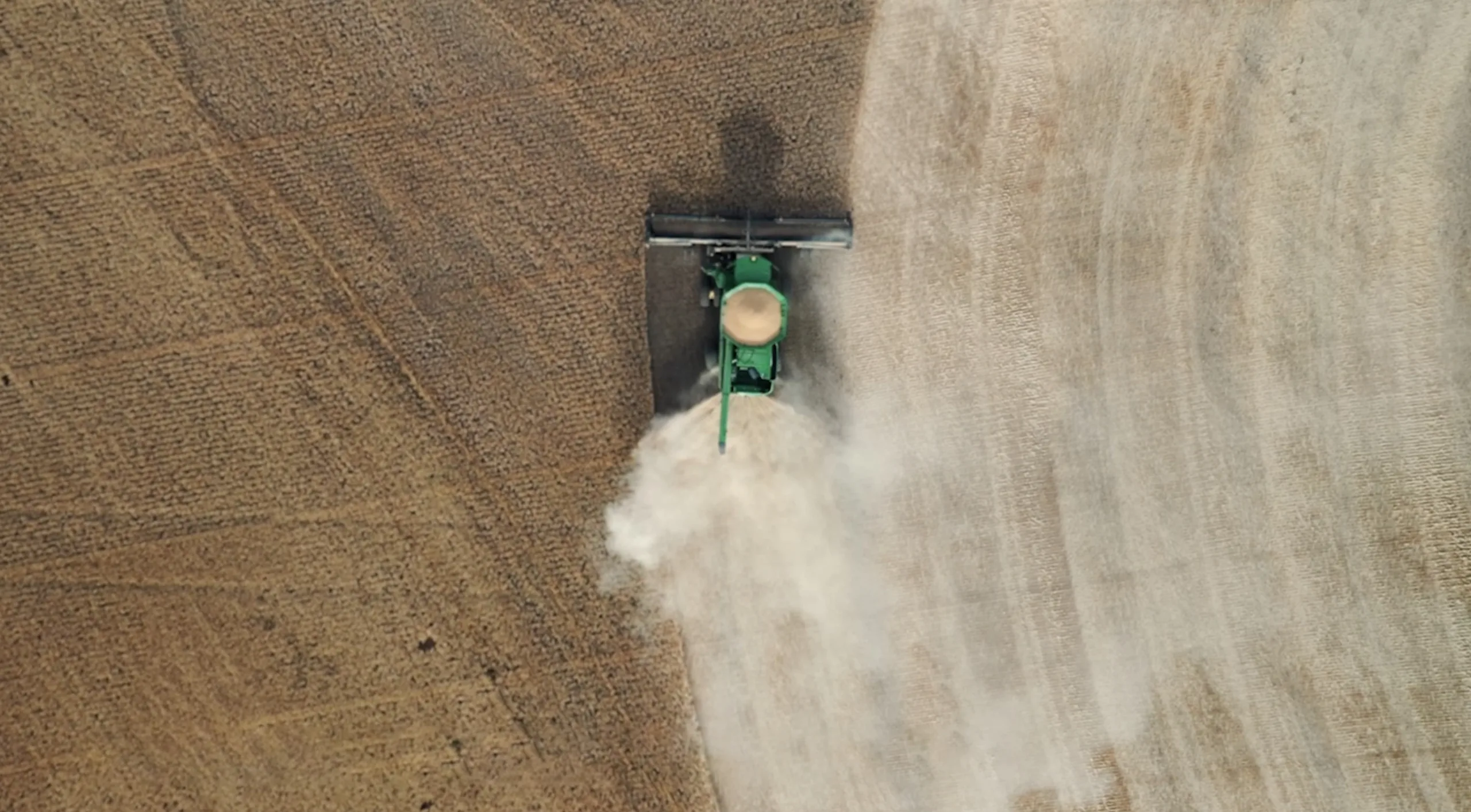Gliding to victory
The moment the Special Olympics USA figure skaters had been preparing for was finally here. Years of training. Months of logistics. And one transatlantic journey—all leading to this: the 2025 Special Olympics World Winter Games in Turin, Italy.
As each athlete waited to be called onto the ice, coaches Heidi Parker and Nicole Fess leaned in for final pep talks. “Take a deep breath. Wave at the judges. And remember, you’ve worked hard. This is your moment.” One skater, Beth Allen, smiled and gave two thumbs up. “I know—I’ve got this!” Then, it was go time.
For Special Olympics athletes, competing on the world stage before friends, family, and fans is a dream come true. But it’s an opportunity that didn’t always exist.
For too long, the competitive sports world excluded athletes with intellectual disabilities. The Special Olympics movement began as a way to foster the acceptance and inclusion of all people through the power of sports, helping them discover new strengths, abilities, skills, and success.
With an estimated 200 million people worldwide with intellectual disabilities, Special Olympics has an ambitious goal: to reach them all. It’s a monumental task. But one the movement is working tirelessly to achieve, with the support of hundreds of employees. Thousands of volunteers. And a vast network of corporate partners, one of which is Microsoft.
Putting AI to work for everyone
Since 2014, Microsoft has supported Special Olympics by providing technology to the organization and its athletes. Recently, Special Olympics rolled Copilot out across the company, with staff using it for tasks like summarizing emails, taking notes, and translating communications between global offices. Right away, Kym Jordan, Vice President of Global Corporate Engagement at Special Olympics, noticed a boost in her own efficiency. Which got her thinking: How can AI help support people with intellectual disabilities?
“Copilot has been a really effective way for us to save thousands of hours a year on administrative tasks—time which we can reinvest back into supporting our athletes and reaching new people,” says Kym. “But we also know that there are inherent biases in AI. So, we at Special Olympics want our staff and athletes to use Copilot, and through our partnership with Microsoft, work together to help make the product accessible to everyone.”
With the 2025 World Winter Games in Turin approaching, the organization introduced Copilot to members of the Special Olympics USA figure skating team as a powerful tool to help them train and prepare.
Meet the athletes
“Hey Copilot…”
For Deeb, Copilot was like a tablet-sized personal trainer, suggesting exercises like Russian twists to strengthen his core. Cody also found Copilot helpful for getting strength-training programs, diet tips, and…something a little unexpected: comic relief.
“Copilot’s jokes definitely get me,” Cody said.
Figure skating isn’t just about mastering swizzles and camel spins. It’s also about style, and Cori turned to Copilot for help designing her figure skating costume. “Cori is a very graceful skater, and wanted a design reflecting that,”explains Nicole Fess, Special Olympics USA Head Figure Skating Coach. With her favorite color (pink) and details like “flowy with sleeves” as prompts, Cori iterated with Copilot until landing on a shimmery pink dress with rhinestones and pleats. Her mom, Karalee Piels, brought the design to life by selecting and sewing a soft chiffon fabric into a dress for Cori.
The athletes also used Copilot to help build overall confidence, whether by learning phrases in Italian (Buongiorno!), gathering travel tips, or rehearsing for interviews. During practice, Beth often talked to the AI like a helpful companion.
“Hey Copilot, I’m going to Italy for competition.” Its response? “Congratulations, Beth, you’re going to do great!”
For Nicole, Copilot was a huge help in preparing for the off-ice aspects of the World Winter Games, like press duties. “Cori did a lot of press leading up to the Games, and while she’s already a natural on camera, it helped us anticipate questions and feel fully prepared,” she says.
It just adapts to everybody. If you need it to talk slower or faster, or you need it to connect to a hearing aid, or you need the text to be larger, it’s very user-friendly for everybody.
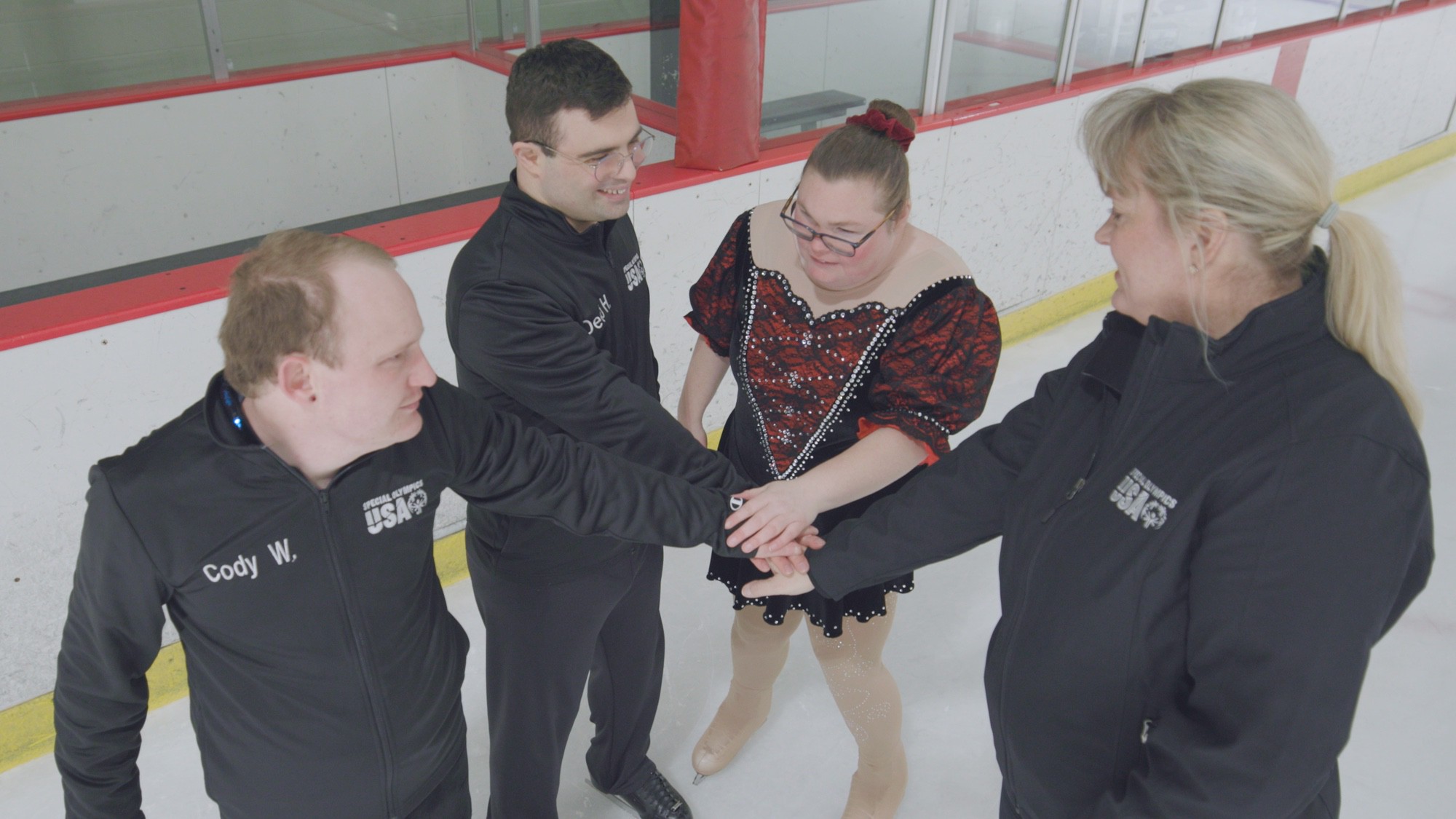
Special Olympics is also integrating Copilot into its registration, volunteer, and education platforms, so athletes can absorb and engage with information in the ways that suit them best. Which, according to Kym, is creating a lasting impact beyond just athlete participation in sports. “It’s leveling the playing field. It’s making sure our athletes are able to step up in the way that they want to and be confident in their decision making. Copilot has allowed us to give them tools that help with their everyday lives.”
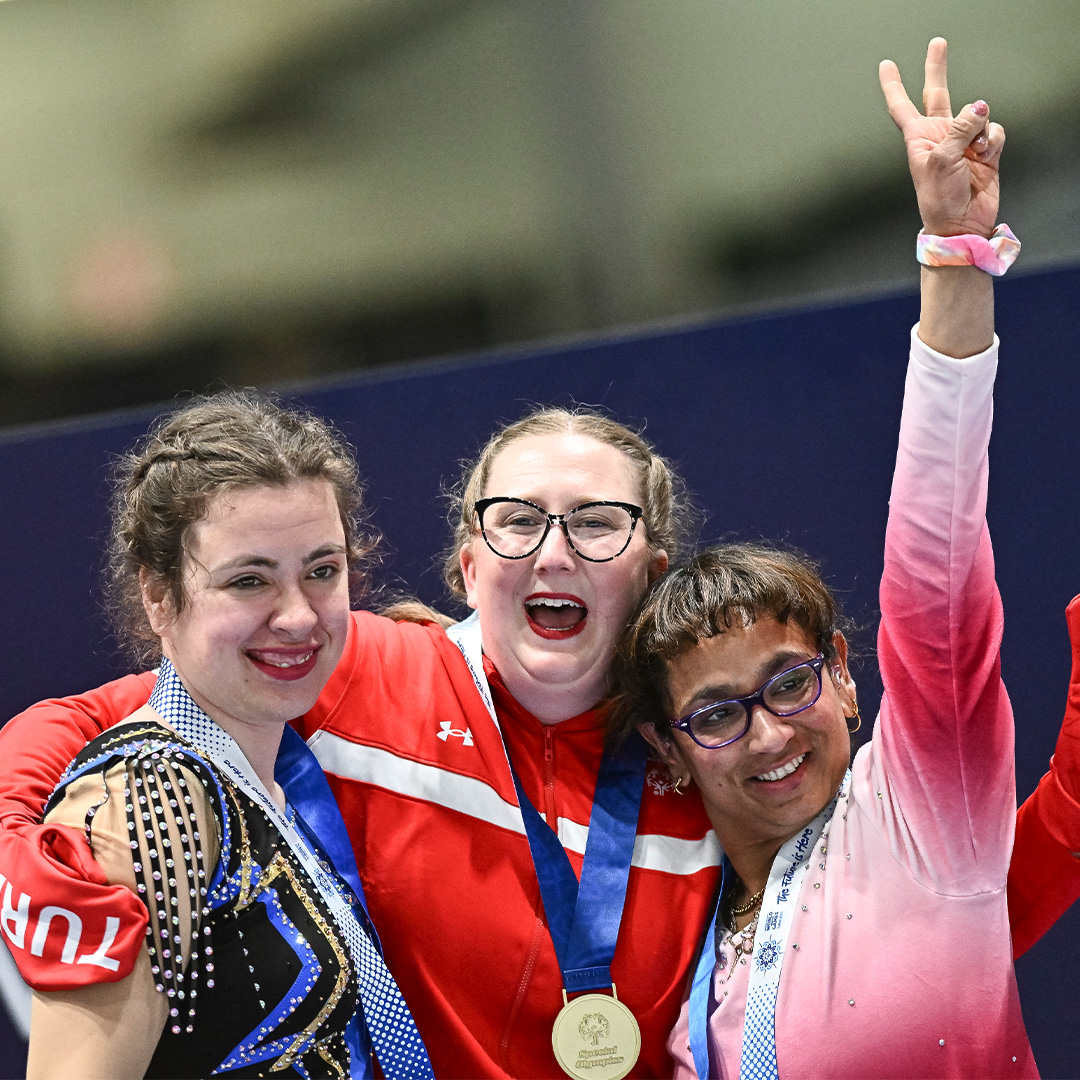
Leaving it on the ice
One by one, the athletes skated their routines to boisterous applause. And, one by one, the medal results rolled in.
Beth Allen: Silver medal!
Cody Wheatley: Gold medal!
Deeb Habchi: Gold medal!
Cori Piels: Bronze medal!
As soon as she hit the ice, Cori instinctively felt she was going to crush it. “Right away, I knew that this was it—my dream coming true,” she says. Cori’s mom, Karalee, also felt the full-circle significance of it all. “To see her work for 20 years and achieve everything she wanted—from perfecting her routine to designing her dress—I don’t think I’ve ever been so emotional in my life.”
By giving it their all, Beth, Cody, Deeb, and Cori proved what’s possible when everyone gets a fair shot. That with hard work, ambition, and the right support, no dream is too big. Heidi believes tools like Copilot will continue to amplify this potential. As she puts it: “I believe the partnership between Microsoft and Special Olympics has really married two worlds that will enrich and enhance any athlete’s life, from everyday activities to training in their specific sports. Copilot is for everyone.”
Donate Microsoft Rewards points to support Special Olympics.
